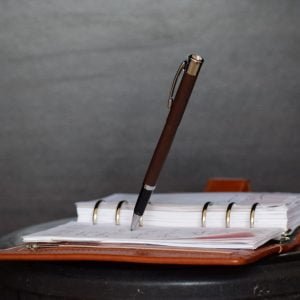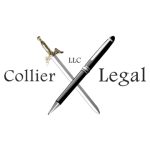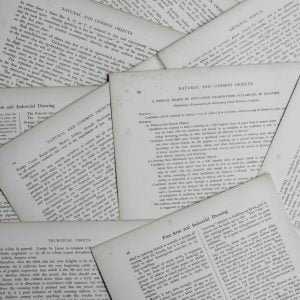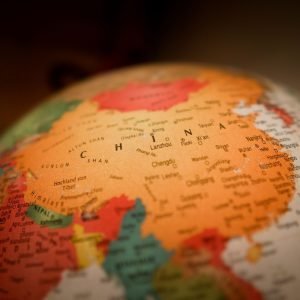Utility Patents
Utility patents are patents that protect the functionality of an invention. They are a type of nonprovisional patent, which means they are examined and can issue into granted patents.

What Are The Requirements To File A Utility Patent?
These nonprovisional patent applications require submission of several documents for proper filing, including:
- Specification
- Abstract
- Claims
- Drawings
- Inventor’s Oath or Declaration
- Filing Fee
- Application Data Sheet (ADS)
- Information Disclosure Statement (IDS)
- (Biological Only) DNA Sequencing Lists or Chemical Compound List
How Long Do Utility Applications Take?
Utility nonprovisional applications are set to publish 18 months after filing. The average time for a nonprovisional to issue is 2 years. However, it may take longer depending on how backlogged the respective USPTO art unit is and how many office action responses are necessary.
There are ways to accelerate examination of an application. Accelerated examination can be requested for payment of a fee (about $2,000 for micro entities) or based on specific factors such as age or special subject matter (e.g. environmental or national defense). Another option is to pay a small fee (~$150) and submit an extremely thorough patent search along with supporting materials. This option may cost nearly the same as accelerated examination for the large fee, but can be cost-effective and efficient when combined with a preliminary patent search. You can have a patent attorney perform an initial patentability search in a way that would lead to an accelerated examination search. If your invention is patentable, you will be ready to file for accelerated examination.
Our Experience With Utility Patents
Our patent attorneys are constantly working on preparing and prosecuting utility applications. This is the core of our legal practice. Our patent lawyers work on a variety of subject matters, including biotechnology patents, chemical patents, hardware patents, and mechanical and electronic device patents. Our attorneys have advanced degrees in biotechnology, so they have the technical understanding to draft and prosecute biological science patents as well as technology and device patents.
Learn More About Patents
Intellectual Property in China: An Overview
Intellectual Property in China: An Overview Navigation Does China have...
Provisional Patent Specification FAQs
Provisional Patent Specification FAQs Navigation What is a provisional...
The China Patent Office: An Overview
The China Patent Office: An Overview Navigation Does China have...
How To File A Provisional Patent Application That Actually Helps
How To File A Provisional Patent Application That Actually Helps...






